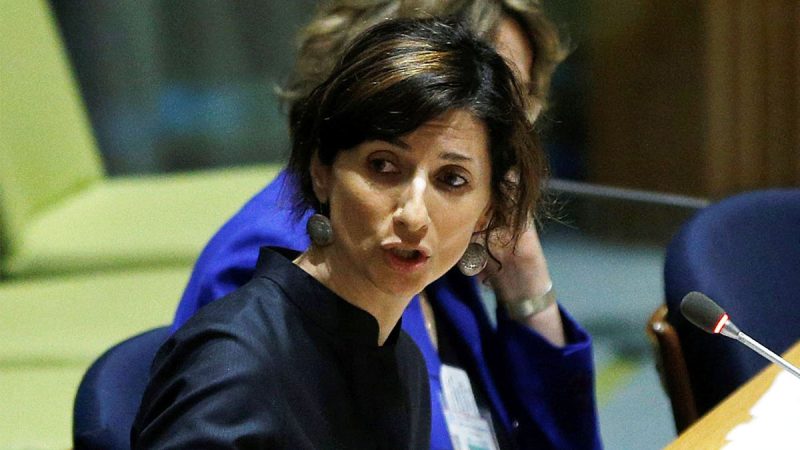The United Nations has been met with furious criticism after a UN official was quoted as saying Israel does not have a right to self-defence against Hamas terrorists.
The statement was made by South African diplomat and UN special envoy to the Middle East peace process, Mmasekgoa Masire-Mwamba, during an event in Geneva, Switzerland on Sunday. Masire-Mwamba is an influential figure in the larger international diplomatic community, and her remarks sparked a massive online furor over whether Israel should be able to defend itself against militants armed with rockets and explosives.
Questions about the extent of Israel’s right to self-defence have been a fixture of the tense geopolitical power struggle between Israel and Hamas. Israel’s response to militant attacks has long been a source of contention between it and the global community, as critics allege the country’s retaliatory measures are disproportionately aggressive.
In response to Masire-Mwamba’s statements, the White House released a statement in support of Israel’s right to self-defence, affirming the United States’ commitment to Israel’s security in the face of militant threats. The statement went on to express the administration’s “deep concern” over Masire-Mwamba’s comment, arguing that “the right of every nation to defend itself from attacks is a foundational principle of international law.”
Israel’s Ambassador to the UN Danny Danon further defended Israel’s right to self-defence against violent terrorists, calling Masire-Mwamba’s comments “predictable hypocrisy.” Danon went on to say that “no one in the international community should accept the iron-clad assertion that Israel does not have the right to defend itself against terrorists.”
The incident has sparked outrage from both sides of the Israeli-Palestinian conflict, with many analysts and observers accusing the UN of ignoring international law by denying Israel’s right to defend itself. While the debate over diplomatic relations will continue, Masire-Mwamba’s comments have highlighted the intensity of tensions between nations and their allies over the enduring Israeli-Palestinian conflict.

